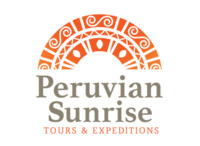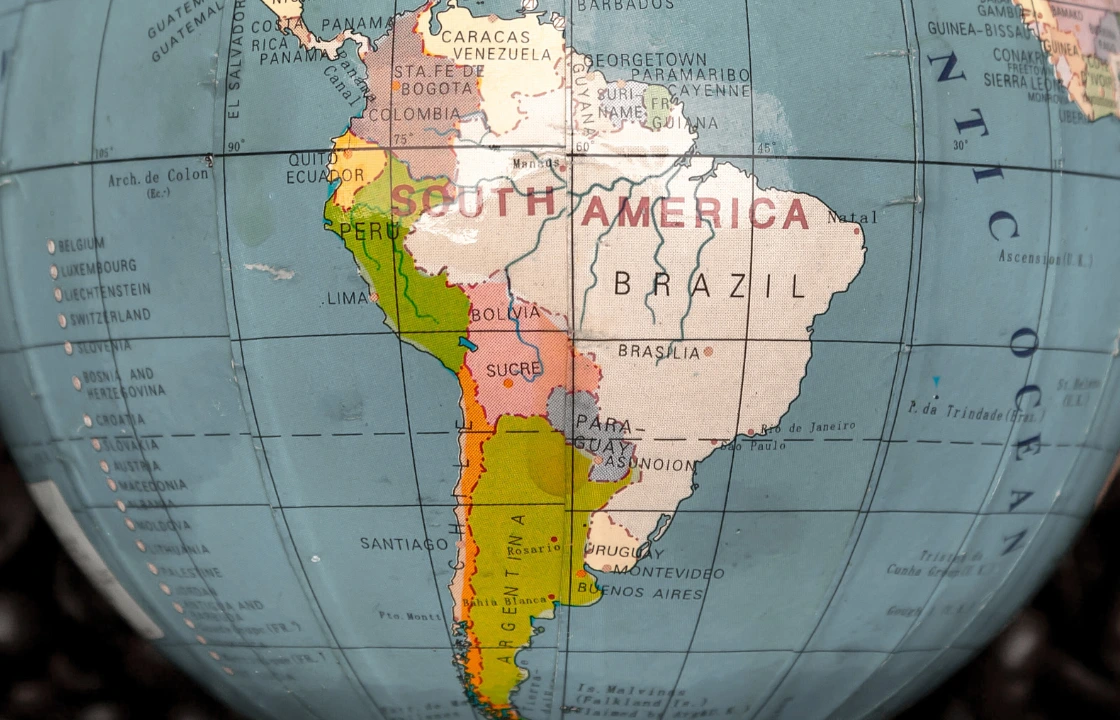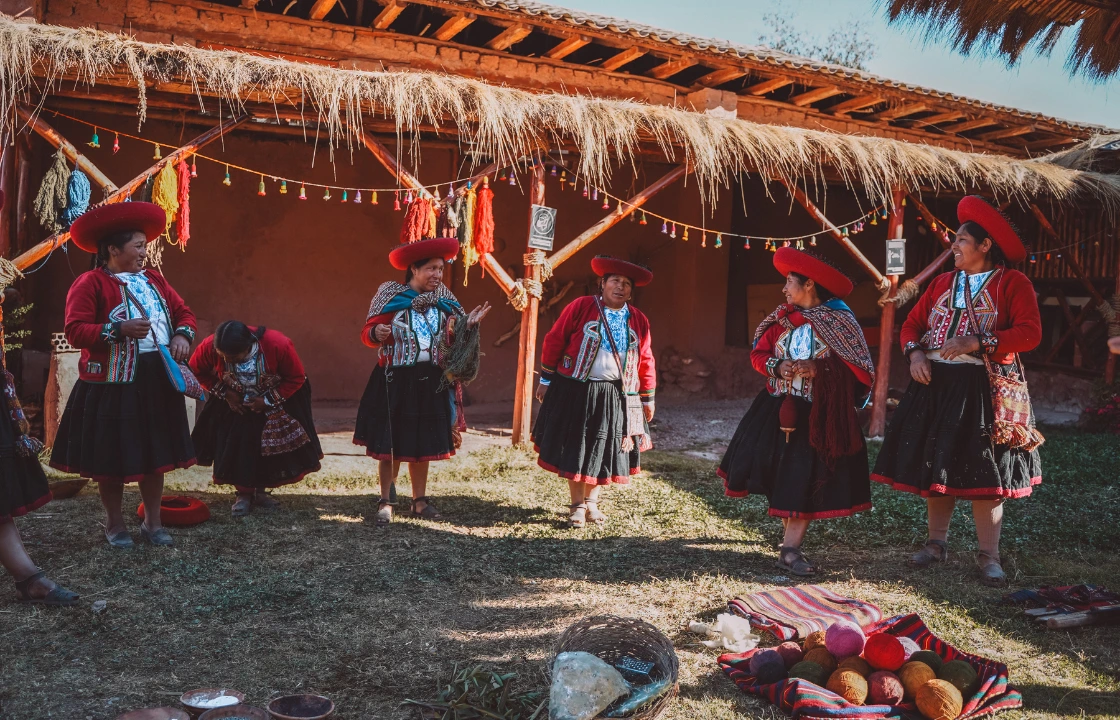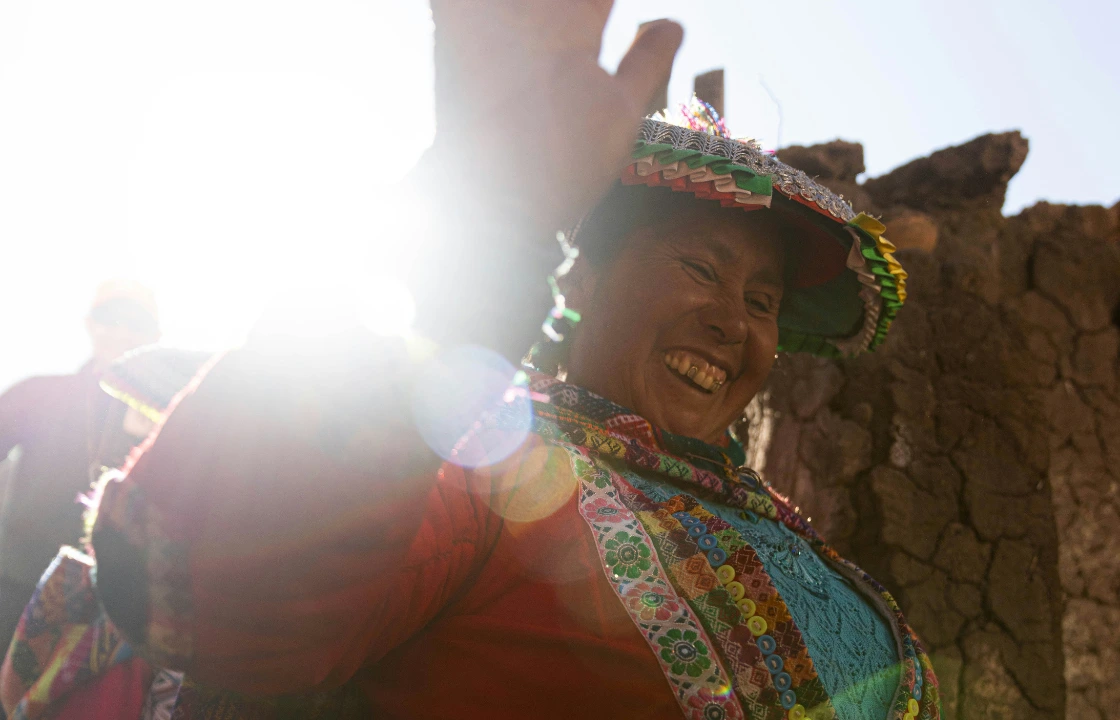Quechua Language: Discover the Language of the Inca Empire
Imagine standing atop a sun-drenched Andean ridge, the wind carrying whispers of stories passed down for centuries. Below, a Quechua-speaking farmer sings to his crops, the melody flowing in a language as old as the mountains themselves. This is not a relic of the past—it’s a living, breathing culture you can still experience today.
At Peruvian Sunrise, we don’t just show you the highlights of Peru, we take you deeper, into the roots of its identity. Through our tailor-made Peru tours, you’ll have the opportunity to meet Quechua-speaking people, hear their stories, learn their customs, and witness the legacy of the Inca Empire alive in daily life.
Hello dear reader! In this article, you’ll discover the fascinating world of Quechua: where it comes from, who speaks it, what it means, and why it continues to thrive in the heart of South America. Let’s begin!
What is Quechua?
Quechua is more than just a language; it's a tapestry of history, culture, and identity woven through the Andes. Spoken by approximately 8 to 10 million people across South America, Quechua is the most widely spoken Indigenous language in the Americas. Its roots trace back to pre-Incan civilizations, but it was during the Inca Empire that Quechua flourished as the empire's official language, facilitating communication across vast territories.
Origin of Quechua
The origin of Quechua predates the Inca Empire, emerging from the Andean highlands as a means of communication among diverse communities. As the Inca expanded their empire, they adopted Quechua, recognizing its unifying potential. This strategic move not only streamlined administration but also solidified Quechua's place in history as a language of power and unity.
What Countries speak Quechua?
Quechua's reach extends beyond Peru, resonating through the mountains and valleys of:
In Peru, regions like Cusco, Ayacucho, and Puno are vibrant centers of Quechua culture, where the language thrives in daily life, music, and traditions.
Types of Quechuan Languages
The Quechua language family comprises various dialects, reflecting the diverse communities that speak them. These dialects are generally categorized into two main branches:
- Central Quechua: Spoken in central Peru.
- Southern Quechua: Found in southern Peru, Bolivia, and parts of Argentina.
While these dialects share common roots, variations in pronunciation, vocabulary, and grammar highlight the rich tapestry of Quechua linguistic heritage.
Quechua People: Culture and Traditions
The Quechua people are the heartbeat of the Andes, preserving traditions that have endured for centuries. Their culture is deeply intertwined with the land, reflected in agricultural practices, textile weaving, and communal living. Music and dance are integral, serving as expressions of joy, sorrow, and reverence.
During our Peru tours, you'll have the opportunity to engage with Quechua communities, learning about their customs, participating in traditional festivities, and perhaps even picking up a few Quechua phrases.
Quechua Pronunciation and Grammar
Quechua is a phonetic language, meaning words are pronounced as they are spelled, making it accessible for learners. Its agglutinative nature allows for the addition of suffixes to base words, creating nuanced meanings. For example, "wasi" means "house," while "wasipi" means "in the house."
Engaging with Quechua speakers during your journey offers a unique opportunity to experience the language's rhythm and melody firsthand.
Why is Quechua spoken in South America today?
Despite centuries of colonization and cultural suppression, Quechua endures, spoken by millions across South America. Its survival is a testament to the resilience of Indigenous communities and ongoing efforts to revitalize and promote the language.
Melodies of the Andes: Celebrated Quechua Songs
Music is a powerful vessel for language and culture. In Peru, several songs have become emblematic of Quechua's enduring legacy:
- "Valicha": A beloved huayno song composed in 1945 by Miguel Ángel Hurtado Delgado, "Valicha" tells a tale of love and longing, capturing the essence of Andean romance.
- "Tusuykusun" by Damaris: This vibrant song, which won the Viña del Mar International Song Festival, invites listeners to dance and celebrate Quechua culture.
- "The Way You Make Me Feel" (Quechua version) by Renata Flores: This rendition of Michael Jackson's hit song, sung in Quechua, gained international attention and showcased the language's versatility.
- "Dime, Destino" by Conjunto Condemayta de Acomayo: A poignant huayno piece that delves into themes of destiny and introspection.
These songs, among others, serve as cultural touchstones, preserving and promoting the Quechua language through melody and rhythm.
Experience Quechua Culture with Peruvian Sunrise
Embark on a journey that transcends typical tourism. With Peruvian Sunrise, our tailor-made Peru tours offer immersive experiences where you'll:
- Engage with Quechua-speaking communities.
- Participate in traditional ceremonies and festivals.
- Explore historical sites like Machu Picchu with knowledgeable guides.
- Enjoy cultural immersion experiences
Let us guide you through the heart of the Andes, where every step resonates with history, culture, and the enduring spirit of the Quechua people.
Frequently Asked Questions
What country is Quechua from?
Quechua originated in the Andean regions of South America, primarily in present-day Peru.
Is Quechua Inca or Aztec?
Quechua is associated with the Inca civilization.
Who speaks Quechua?
Quechua is spoken by Indigenous communities across Peru, Bolivia, Ecuador, Argentina, Chile, and Colombia.
What does Quechua mean in English?
"Quechua" translates to "temperate valley" and refers to both the people and the language.
What does Machu Picchu mean in Quechua?
"Machu Picchu" means "Old Mountain."
Is Quechua still spoken today?
Yes, Quechua remains a living language spoken by millions.
Is Quechua a dying language?
While some dialects face challenges, Quechua as a whole is vibrant and resilient.
Embark on a cultural odyssey with Peruvian Sunrise and connect with the living legacy of the Quechua people. Contact us!



